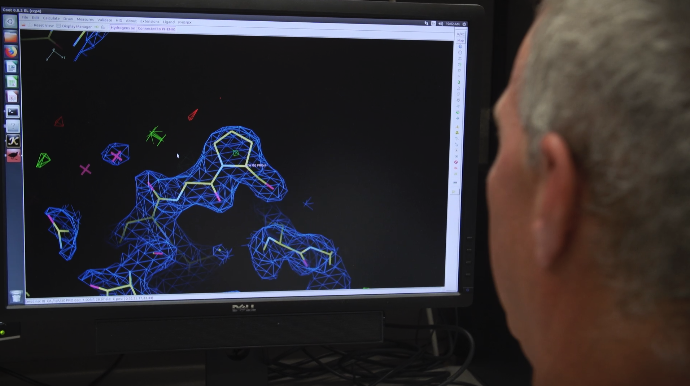University of Florida virus experts are gathering genomic sequences from coronaviruses around the world to drive artificial intelligence (AI) research that could predict future spread and outbreaks of this and other strains.
Marco Salemi, a virologist and professor in the Department of Pathology at the UF College of Medicine, wants to know how this new strain evolved and what algorithms can do to predict the future of an emerging pathogen like coronavirus.
Along with Mattia Prosperi, an associate professor in the Department of Epidemiology at the College of Public Health and Health Professions, Salemi has worked to develop what they call evolutionary-informed machine learning epidemiology.
They are working to better understand the implications of the virus by using phylodynamic analysis, the way that epidemiological, immunological and evolutionary processes act, and combining it with machine learning.
“We have been constantly monitoring the number of viral sequences available,” Salemi said. In just a few weeks’ time, researchers like Salemi have had an increasing amount of information become available to them as doctors around the world manage thousands of patients with the virus. “Probably within the next month we will already have sufficient information to at least try some of our computer intelligence algorithm.”
Salemi and his colleagues use global databases like GISAID, which hold updated information on new genomic sequences emerging from labs around the world. While these databases are a great starting point, details like geographic location and date of a diagnosis can tell researchers a lot more about the timeline of the epidemic.
With patient confidentiality in mind, more accessible details on each case could make a difference in how much researchers can use AI to contribute to the COVID-19 pandemic.
“What was the clinical status of the patient? Was this a mild infection or a symptomatic infection?” Salemi asked. “What is really crucial right now is to start augmenting this genomic database with extra information about very basic things.”
In the past, certain coronavirus strains caused an outbreak of SARS (Severe Acute Respiratory Syndrome) in China in 2002 – 2003, and cases of MERS (Middle East Respiratory Syndrome) in Saudi Arabia in 2013, among other diseases. The latest outbreak of COVID-19 indicates that the virus has changed since it first became apparent.
“The new strain is related, but substantially different,” Salemi said. “Obviously something has happened that has basically led to the emergence of this new lineage.”
New COVID-19 cases are continuing to spread all over the world as officials and scientists alike race to contain the situation.
“AI algorithms are very powerful, but require a large amount of data,” Salemi said. “And even when the data are available, results still will require some computational time.”
Source:
Related website:

